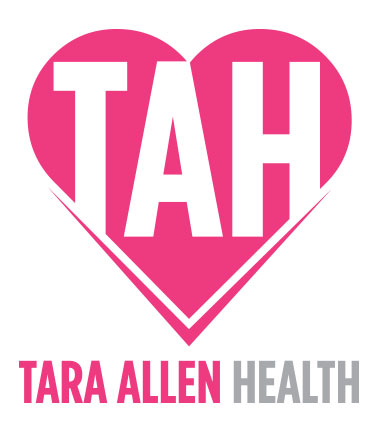Trigger warning: We're talking about shame, self sabotage, trauma imprints, and feeling stuck with food, exercise, and self trust. If any of this stirs something up, pause, breathe, feel your feet on the floor, and come back when you are ready. Or skip this blog post entirely!
If you have ever refused to start, saved it for Monday, said it is not the right time, or wanted to put everything on hold after one wobbly night or week, this is for you. It is easy to feel like you are the only person who cannot make a change stick. But there's nothing wrong with you. Your brain is trying to keep you safe by keeping things familiar. Old stress and trauma often shape that protection. Familiar can feel safer than better.
Here is the quiet trick under the surface. Change asks your nervous system to trade the known for the unknown. Even when the known is crummy, it is predictable, and predictability feels safe. That is why you can want the goal and still avoid the first step, or do well for a week and then knock the legs out from under it. That is protection in action. It is brilliant and caring (and also maddening).
Different flavors show up. "Not the right time" usually means your brain is forecasting the energy a new routine will cost and decides to conserve. "I will start Monday" is an insurance policy against disappointment, because if you never start you cannot fail.
Self sabotage after progress is often an identity alarm. You don't yet feel like the type of person who has this new lifestyle and experiences the wins from it. Success threatens an old story about who you are, so the older part pulls you back to baseline because baseline is safe. The urge to overcorrect after one imperfect meal or missed workout is shame trying to get control by calling you names. It looks like accountability. It is a trap.
One more layer for many people is trauma. If your body has been hurt or your boundaries violated, including sexual assault, change can feel unsafe. Looking more visible or 'traditionally attractive' can feel like risk to the nervous system, so the brain taps the brakes with cravings, perfection traps, missed plans, or a sudden urge to hide. This is not weakness. It is a brilliant survival pattern trying to protect you. We can honor that wisdom and still move forward by pairing every goal with a safety cue and a pace that feels okay. Choose clothes that feel secure, train in spaces that feel safe, build strength for power not punishment, steady meals to calm the body, lean on support you trust, and keep full permission to dial things back whenever needed. Progress that respects safety is the kind that lasts.
We are these incredible creatures who have primitive brains but also critical thinking brains. As far as we know, we're the only species who can think about thinking. Coaching your brain means meeting those protective parts in real time. When you feel the stall at the starting line, shrink the task until it is almost silly and do it now. Seriously. Five minutes of movement. One protein-and-produce-focused plate. A ten minute walk after dinner. Your brain learns by reps, not by lectures. When the "I blew it" spiral starts, narrate what is true without drama. That was more than I planned. Next right choice is water and a walk. Move on before shame builds a case. When momentum rises and the urge to smash it shows up, thank the alarm. Say, "I am safe". We are allowed to have good things. Then take the smallest next action anyway. Self trust grows by keeping tiny promises to yourself the way you might your boss, spouse, friend or kid.
There is physiology here too. Stable blood sugar, enough protein, and real sleep quiet the alarm system that makes new habits feel dangerous. Slow progressive strength work shows your nervous system this is safe. A simple evening wind down teaches your brain the day can end without one more hit from snacks or scrolling. None of that is flashy. All of it is powerful. Change is less about force and more about designing a room where the next right choice is the easiest one to make.
If you have been waiting for the perfect mood or the perfect plan, you do not need perfect. You need a starter step you can repeat on messy days. Think in floors, not ceilings. Minimum workout is five minutes. Minimum meal is protein plus plants. Minimum evening routine is five quiet minutes. Minimum self talk is, "I am learning. I do not need to be perfect to get results". These tiny floors help you walk past the guard dog of old patterns. Over time that dog relaxes. Phew! The loop loosens. And you stop white knuckling.
I cannot promise change will feel effortless. I can promise it feels friendlier when you stop fighting your brain and start coaching it. You do not have to punish yourself into a new life. You guide yourself there with patient, repeatable reps and kinder stories.
This is the work that quietly underpins everything I do in 1:1 coaching. Yes, we tweak nutrition and fitness, look at sleep and stress, talk mitochondria, labs, disease reversal, longevity, all of it. But none of that matters if it does not fit your schedule or your real life. What matters is building a plan that survives busy weeks, travel, doubt, and the voice that worries about failure, then coaching through every roadblock so you keep moving even when it is messy. If you ever want to talk about how that could look for you, I am here.
XO,
Tara
